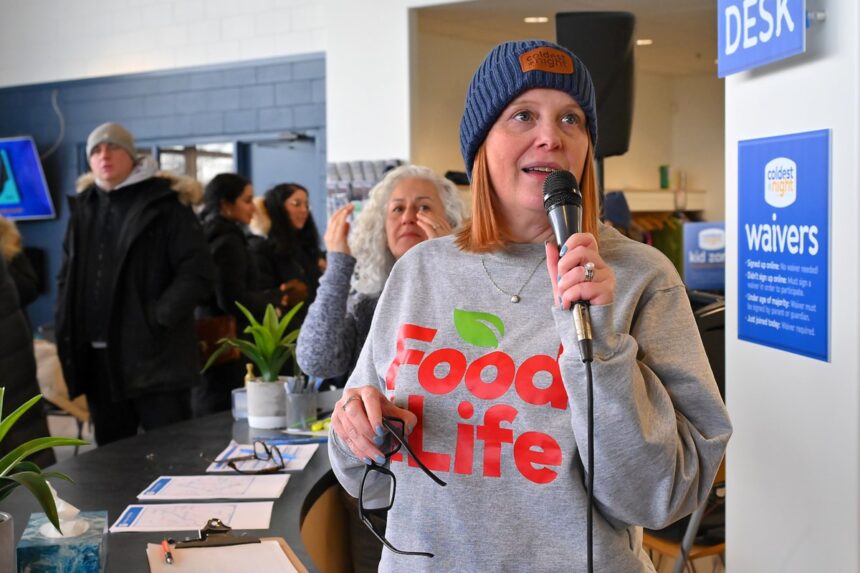In an unprecedented move to combat rising food insecurity, Halton Region has announced a substantial funding initiative that will significantly expand emergency food assistance programs across Burlington, Oakville, Milton, and Halton Hills. The $750,000 investment comes at a critical time when local food banks report a staggering 40% increase in client visits compared to pre-pandemic levels.
“We’re witnessing families who never imagined needing food support now making the difficult decision to seek assistance,” explains Christina Johnson, Executive Director of the Halton Food Security Coalition. “This regional funding will help us reach approximately 2,500 additional households facing difficult choices between paying rent and putting food on the table.”
The newly allocated funds will be distributed among twelve established community organizations with proven track records in food security programs. These partners will enhance existing food distribution networks while developing innovative approaches to reach marginalized communities often overlooked by traditional support systems.
Food bank administrators across Halton cite the perfect storm of economic pressures driving the unprecedented demand. Persistent inflation in grocery prices, skyrocketing housing costs, and stagnant wages have pushed many middle-income families to the breaking point. Recent data from Statistics Canada shows food prices in Ontario have increased by 17.6% since 2021, while average rental costs in Halton Region have surged by nearly 25% during the same period.
Regional Chair Gary Carr emphasized the collaborative nature of the initiative: “This isn’t just about providing emergency food. We’re working alongside our community partners to address the complex factors contributing to food insecurity in our communities. Every resident deserves dignified access to nutritious food, regardless of their financial circumstances.”
The funding model represents a significant shift from traditional approaches, with 30% earmarked specifically for culturally appropriate food options to serve Halton’s increasingly diverse population. Additionally, a portion will support innovative mobile food pantry programs designed to reach seniors and individuals with mobility challenges who struggle to access centralized food banks.
“Many of our elderly residents face invisible hunger,” notes Dr. Sanjay Patel, a public health specialist consulting on the initiative. “They often prioritize medication over food, especially toward the end of the month when pensions run low. The mobile pantry program will deliver not just food, but also vital social connection.”
Community response to the announcement has been overwhelmingly positive, with volunteer applications to participating organizations doubling within days of the funding announcement. The collaborative approach has also attracted matching donations from several local businesses, effectively expanding the program’s reach beyond initial projections.
While the expanded funding provides immediate relief, regional officials acknowledge the need for systemic solutions to food insecurity. Plans include quarterly stakeholder meetings to evaluate program effectiveness, identify emerging needs, and develop long-term strategies to address root causes of food insecurity.
“Food banks were never meant to be permanent fixtures in our communities,” reflects Johnson. “While we’re grateful for this crucial support, we must simultaneously work toward a future where emergency food assistance isn’t necessary. That means advocating for affordable housing, livable wages, and sustainable food systems across Canada.”
As the program launches, community advocates are already documenting its impact through comprehensive data collection that will inform future policy decisions. The question remains: can this regional model of coordinated, culturally-sensitive food security programming become a blueprint for addressing similar challenges facing communities across the country?


















